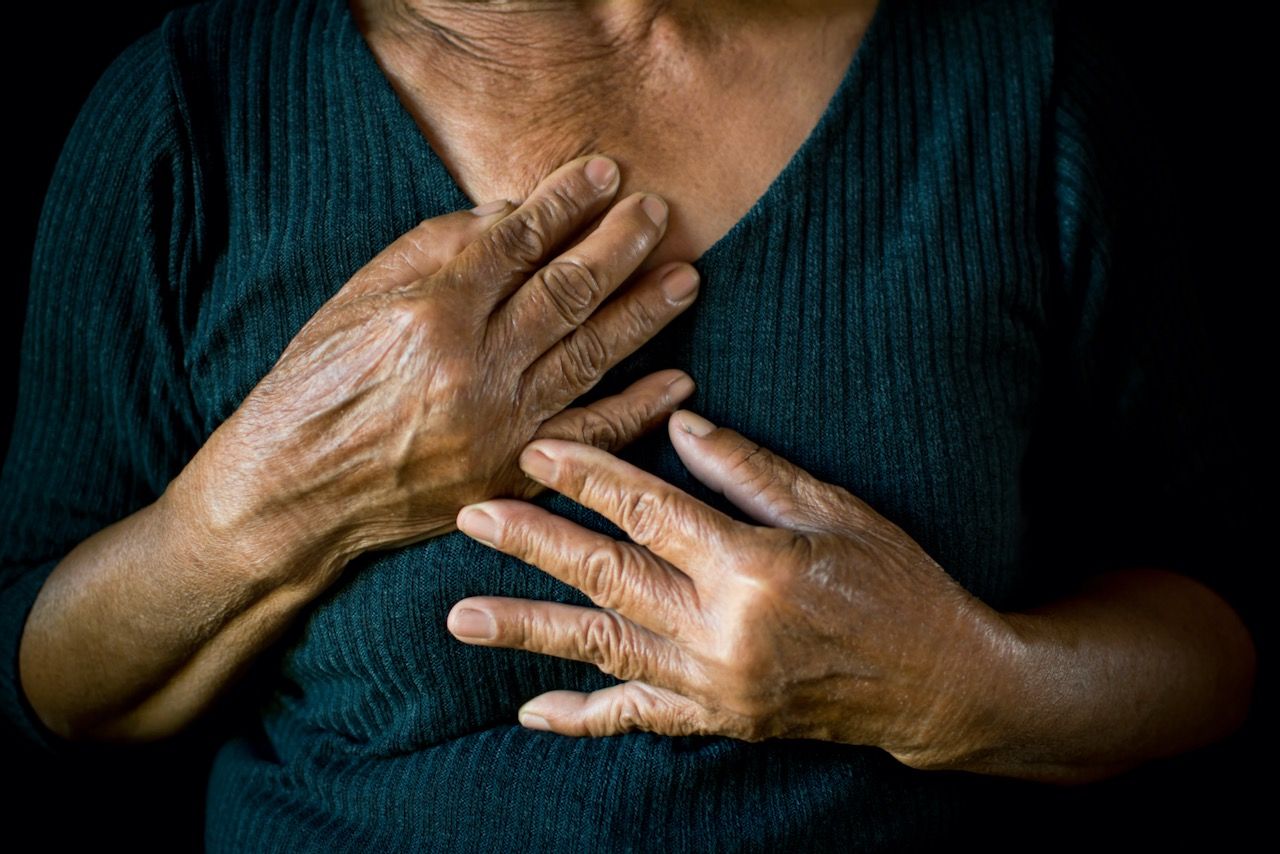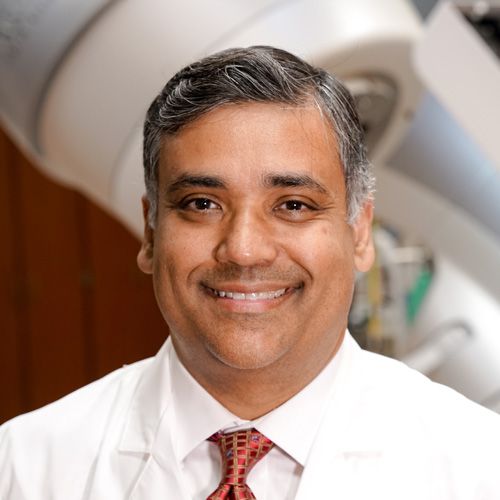At ASCO 2021, Roswell Park presents largest study to look at race and complete response to cancer treatment
- African Americans have not had complete response to extent other groups have
- Best rates of response seen in Hispanic white and Asian/Pacific Islander women
- Dr. Sung Jun Ma earned 2021 ASCO Annual Meeting Merit Award for this work
BUFFALO, N.Y. — Researchers at Roswell Park Comprehensive Cancer Center led the largest study to date to suggest an improving trend in pathologic complete response rates over time for U.S. cancer patients of various races. The team's findings, documented in a poster presentation at the 2021 American Society of Clinical Oncology virtual annual meeting (abstract 575), show that African Americans are more likely than patients from any other group to have remaining disease following breast cancer treatment.
The researchers, led by Sung Jun Ma, MD, and Anurag Singh, MD, showed that Hispanic white and Asian/Pacific Islander patients with breast cancer were more likely to have a pathologic complete response (PCR) — or no signs of cancer in tissue samples removed during surgery — following treatment for select HER2-positive tumors, compared to non-Hispanic white women. Black women were less likely to have a pathologic complete response for HR-negative, HER2-positive and triple-negative tumors, but not for HR-positive, HER2-negative tumors.
“While breast cancer patients overall are benefitting from chemotherapy, we looked at the data more closely to see if we found significant differences in how patients from different races or ethnicities are faring on treatment,” says Dr. Singh, the study’s Senior Author, who is Professor of Oncology and Director of Radiation Research at Roswell Park. “When we look at the data with this level of granularity, we see that African Americans do not experience complete response to breast cancer treatment to the extent that any other U.S. racial group does.”
Recent clinical trials have reported PCR rates over 60% among breast cancer patients treated with neoadjuvant chemotherapy, or chemotherapy given ahead of other cancer treatments — especially among those with HER2-positive and triple-negative tumors. Overall PCR rates increased from 15.1 percent in 2010 to 27.2 percent in 2017, largely driven by Asian/Pacific Islander women (15.7% to 31.6%) and HR-negative, HER2-positive tumors (28.6% to 53.1%), the authors note.
Because racial minorities have been underrepresented in clinical trials, gaps in our understanding exist regarding prevalence of PCR among Blacks, Hispanics and other minorities. The research team sought to address the information gap through an observational study evaluating PCR and survival outcomes stratified by race and ethnicity.
“Our data showed that improvements in pathologic complete response were largely seen among Hispanic white and Asian or Pacific Islander women compared to non-Hispanic white women,” notes study first author Dr. Ma, Resident Physician with the Department of Radiation Medicine at Roswell Park. “After adjusting for other clinicopathological factors, Hispanic white and Asian or Pacific Islander women were more likely than non-Hispanic white women to have pathologic complete response for HER2-positive tumors.”
Using the National Cancer Database (NCDB), the researchers identified female patients with stage 1-3 breast cancer diagnosed between 2010 and 2017 who were treated with neoadjuvant chemotherapy followed by surgery. The 105,804 people whose outcomes were evaluated included 2,631 non-Hispanic white patients, 7,632 Hispanic white patients, 19,505 Black patients, 4,393 Asian or Pacific Islander patients, and 1,643 patients of other races. Median follow-up time was 49.2 months.
The team found that Black women were less likely to have pathologic complete responses for HR-negative, HER2-positive tumors and triple negative tumors, but more likely to have complete response if they had HR-positive, HER2-negative tumors.
Among patients with any residual breast cancer after treatment, the researchers also observed that Hispanic white and Asian or Pacific Islander women had longer survival compared to non-Hispanic white women. Among Black women, the team reports an association with worse survival only for residual disease in the lymph nodes.
“This is the first large analysis of its kind, and it confirms that disparities exist in how patients of different races respond to treatment for breast cancer,” says Dr. Singh. “These findings can help guide treatment selection for patients, and I hope that they will also encourage more research to identify and address the role of race and ethnicity in cancer treatment so we can eliminate those disparities.”
Dr. Ma earned 2021 ASCO Annual Meeting Merit Awards for this work and for another collaboration with Dr. Singh being presented at ASCO 2021: Evaluation of risk-stratification using gene expression assays in patients with breast cancer receiving neoadjuvant chemotherapy (abstract 576).
###
Roswell Park Comprehensive Cancer Center is a community united by the drive to eliminate cancer’s grip on humanity by unlocking its secrets through personalized approaches and unleashing the healing power of hope. Founded by Dr. Roswell Park in 1898, it is the only National Cancer Institute-designated comprehensive cancer center in Upstate New York. Learn more at www.roswellpark.org, or contact us at 1-800-ROSWELL (1-800-767-9355) or ASKRoswell@RoswellPark.org.
Annie Deck-Miller, Director of Public Relations
716-845-8593; annie.deck-miller@roswellpark.org


